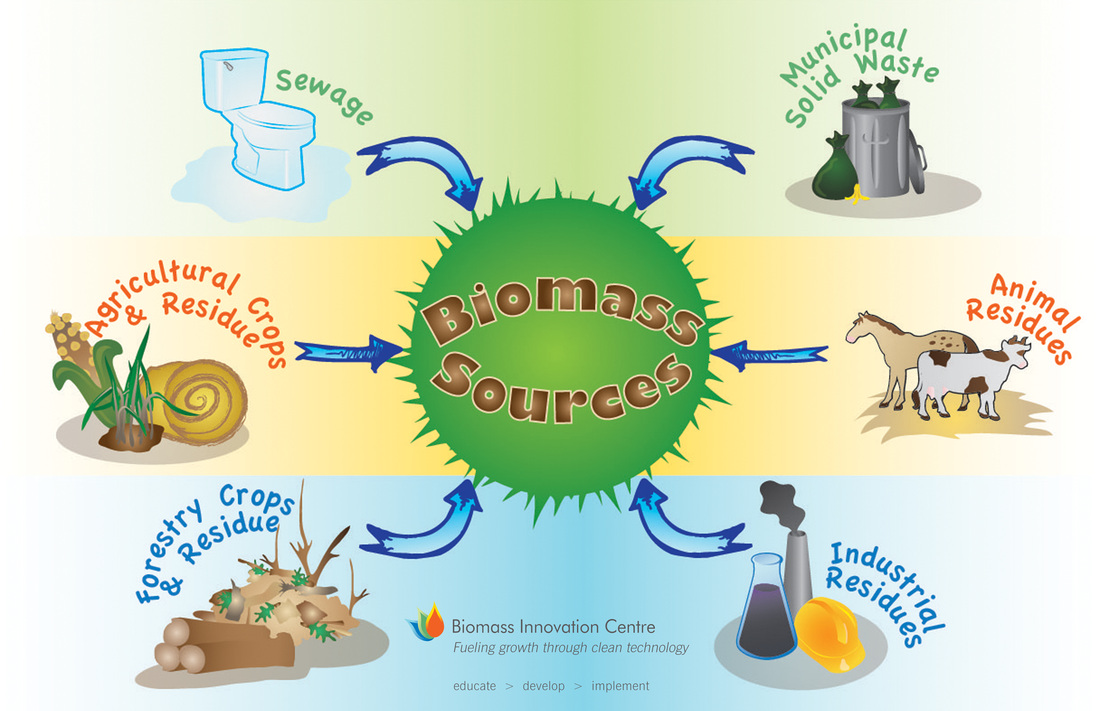how do we use biomass energy in everyday life
Advantages of Biogas
Biogas is a renewable energy source that has gained significant attention in recent years. It is produced through the anaerobic digestion of organic matter, such as agricultural waste, food scraps, and sewage. Biogas has several advantages that make it a promising alternative to traditional fossil fuels. Let's explore some frequently asked questions about the advantages of biogas.
1. What is biogas and how is it produced?
Biogas is a type of fuel that is produced through the anaerobic digestion process. It is created by breaking down organic matter in the absence of oxygen. This process releases methane gas, which can be captured and used for various purposes, including heating, electricity generation, and transportation.

2. What are the advantages of using biogas?
Using biogas as an energy source offers several advantages:
- Renewable: Biogas is produced from organic waste, which is readily available and continuously generated.
- Reduced greenhouse gas emissions: The anaerobic digestion process prevents the release of methane, a potent greenhouse gas, into the atmosphere.
- Energy independence: Biogas production can provide a decentralized energy source, reducing dependence on fossil fuels.
- Waste management: Biogas production helps in the proper disposal of organic waste, reducing environmental pollution.
- Job creation: Setting up biogas plants can create employment opportunities in the renewable energy sector.
3. Can biogas be used for electricity generation?
Yes, biogas can be used to generate electricity. The methane gas in biogas can be burned in a generator or a power plant to produce electricity. This form of electricity generation is not only clean but also helps in reducing the reliance on fossil fuel-based power generation.
4. Is biogas a suitable fuel for cooking?
Biogas can indeed be used as a cooking fuel. It can be used in place of traditional cooking fuels such as LPG (liquefied petroleum gas) or firewood. When biogas is burned, it produces a clean flame with minimal pollution, making it an environmentally friendly option for cooking.
5. Are there any financial incentives for using biogas?
In many countries, there are financial incentives and subsidies available for promoting the use of biogas. These incentives may include tax credits, grants, low-interest loans, or feed-in tariffs. These incentives aim to encourage the adoption of biogas technology and support the transition towards renewable energy sources.
6. Can biogas help in reducing greenhouse gas emissions?
Yes, biogas production can contribute to the reduction of greenhouse gas emissions. When organic waste undergoes anaerobic digestion, the methane released during the process can be collected and used as a fuel. By capturing methane, a potent greenhouse gas, biogas production helps in mitigating climate change and reducing overall greenhouse gas emissions.
7. How does biogas production contribute to waste management?
Biogas production plays a significant role in waste management. Organic waste, such as food scraps and agricultural leftovers, can be converted into biogas through the anaerobic digestion process. This process not only helps in reducing the volume of waste but also breaks down harmful pathogens and reduces the emission of foul odors.
8. Is biogas production economically viable?
Biogas production can be economically viable, depending on various factors such as the scale of production, feedstock availability, and government policies. Large-scale biogas plants that utilize abundant organic waste can generate a substantial amount of energy and revenue. Additionally, the sale of by-products like organic fertilizers can contribute to the economic viability of biogas projects.
9. Can biogas be used as a transportation fuel?
Yes, biogas can be used as a transportation fuel. It can be transformed into biomethane, a purified form of biogas, which can be used as a substitute for natural gas in vehicles. Biomethane can be used in compressed natural gas (CNG) vehicles or converted into liquefied natural gas (LNG). This enables the use of biogas as a renewable and low-carbon fuel for transportation.
10. What impact does biogas have on rural development?
Biogas production can have a significant impact on rural development. In rural areas, where agriculture and animal husbandry are prominent, biogas plants offer an opportunity to efficiently manage organic waste, generate clean energy, and improve sanitation. Biogas plants also create employment opportunities and contribute to the overall economic development of rural communities.
11. Are there any limitations or challenges associated with biogas production?
While biogas production offers numerous advantages, there are some limitations and challenges to consider:
- Feedstock availability: Sourcing sufficient organic waste for large-scale biogas production can be a challenge in certain regions.
- Initial investment: Setting up biogas plants requires a significant upfront investment, which may deter some potential adopters.
- Technical expertise: Operating and maintaining biogas plants require specialized knowledge and skills.
- Infrastructure requirements: Biogas production may require the development of infrastructure such as gas pipelines for effective utilization.
12. How can governments promote the adoption of biogas technology?
Governments can promote the adoption of biogas technology through various measures:
- Financial incentives: Providing subsidies, grants, and tax credits can incentivize individuals and businesses to invest in biogas projects.
- Policy support: Formulating favorable policies, regulations, and standards can create a conducive environment for biogas development.
- Research and development: Supporting research initiatives and innovation in biogas technology can drive advancements and cost reductions.
- Public awareness campaigns: Educating the public about the benefits of biogas and its role in combating climate change can encourage its adoption.
Overall, biogas offers several advantages as a renewable energy source. Its utilization can contribute to sustainable development, waste management, and the reduction of greenhouse gas emissions. With supportive policies and investments, biogas has the potential to play a significant role in the transition to a cleaner and more sustainable energy future.